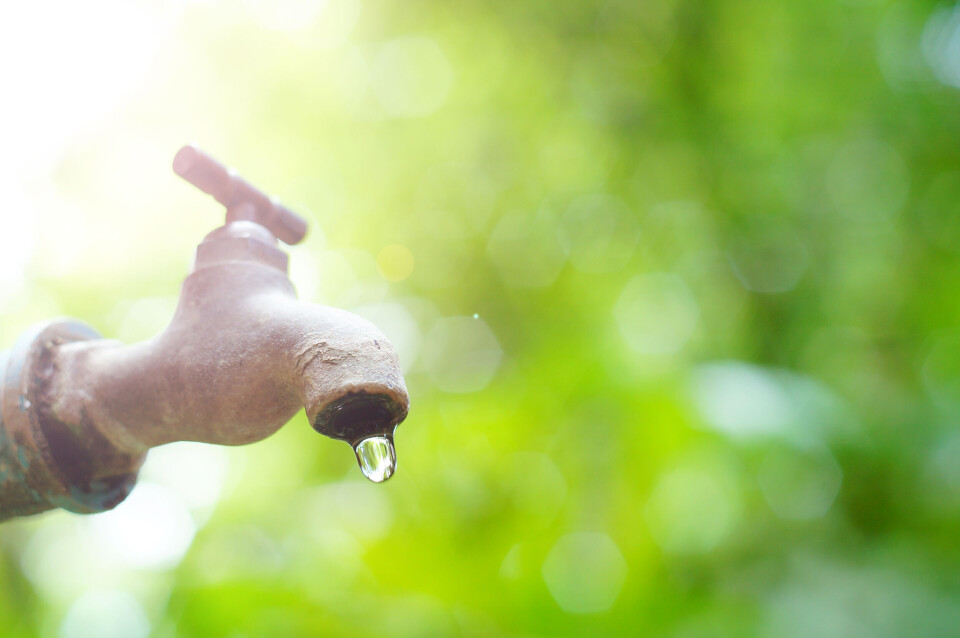-
Water-use restrictions lifted for some households in the Pyrénées-Orientales
Rainfall replenishes reservoirs but bans still remain in northern areas
-
Canal du Midi closed to boats until March due to low water levels
Extended drought in the south of France means boating only permitted under exceptional circumstances
-
Water restrictions extended in southern French department as drought continues
Pyrénées-Orientales remains in a state of drought as groundwater levels continue to fall
What is France's 'drought' website VigiEau?
You can type in your address to find out whether you can do things like fill your swimming pool or water the garden

To help make understanding the restrictions during droughts easier, France's government launched the VigiEau website in 2023.
The website displays an up-to-date, colour-coded map of France showing the latest rules regarding water usage in France's communes and departments.
It also has a search bar, where you can enter your address to find the rules in force in your commune.
The website lists activities (if any) that are prohibited and offers water-saving tips.
The platform was one of 53 measures that the government announced in March to tackle France’s drought conditions.
It is hoped the map will help homeowners reduce their water usage and limit the impact of any droughts, as well as avoid fines for wasting water during drought season.
Drought restrictions can apply even after dry seasons are over, if underground water reservoirs have not yet been filled to a certain level.
Site shows up-to-date restrictions
The website can be found at vigieau.gouv.fr.
The map shows the five possible classifications during a drought, alongside a colour-coded map showing what level each commune is at.
The levels are:
- Pas des restrictions (no restrictions)
- Vigilance (vigilance – no activities are usually banned at this level, but residents are asked to be conscious of water usage)
- Alerte (alert)
- Alerte renforcée (heightened alert)
- Crise (crisis)
Department-wide restrictions can be put in place, but it is more common for individual communes to have their own restrictions tailored to their situation.
At the top of the page, there is a search bar for you to look up the restrictions in your commune – you just have to type in your address to find them.
After selecting your address, the level your commune is under is shown, alongside any potential restrictions.
The information on restrictions is split into five categories, which are:
- Watering gardens and green spaces
- Filling swimming pools and playing water-based games e.g water slides)
- Cleaning your home and car
- Using water for a fountain
- Impact on building works
Not all categories will appear on all searches, as only restrictions currently in place are highlighted.
As a reminder: water can always be used for essential use (drinking and washing), but tips on how to reduce water waste can also be found on the website.
The tips include advice for saving water in your house (installing special shower heads, only using the washing machine for full washes, etc), as well as when outside (installing rainwater collectors, planting water-resistant plants, watering your garden in the evening, etc).
Related articles
Leaks mean one-in-five litres of water in France is wasted, says study
French public health body’s tips for staying hydrated this summer
This is how the French government plans to deal with future heatwaves
























